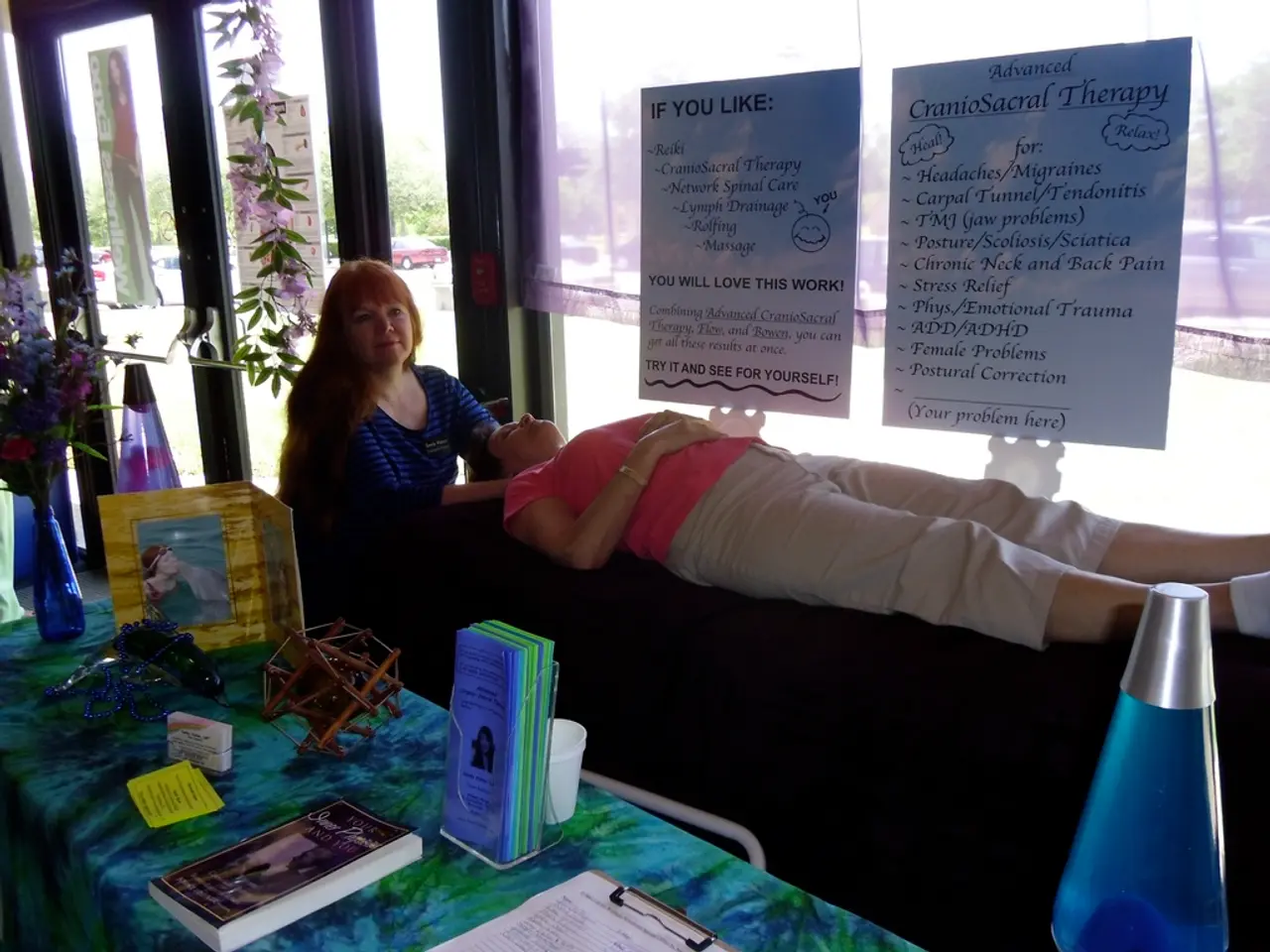Emotional Whirlwind: Deepening Insight into Borderline Personality Disorder Sufferers
Borderline Personality Disorder (BPD) is a complex mental health condition that affects a significant number of people worldwide. This article aims to provide a clear and straightforward understanding of BPD, its causes, symptoms, and available treatments.
Symptoms and Emotional Dynamics
People with BPD experience rapid shifts in emotions, often accompanied by high levels of inner tension. Emotional outbursts should not be taken personally as they are symptoms of the illness. The brain of someone with BPD can be compared to a highly sensitive alarm system that lets emotions swing quickly and intensely.
Causes and Risk Factors
The development of BPD is influenced by a combination of factors, including genetics, personal experiences, and environmental factors. Traumatic experiences, abuse, neglect, or lack of bonding in childhood significantly increase the risk of developing BPD.
The Role of the Prefrontal Cortex
The prefrontal cortex, responsible for impulse control among other things, is impaired in people with BPD. This impairment contributes to the difficulty in regulating emotions and managing crises.
Treatments and Therapies
Prof. Petra Beschoner, a specialist in Psychiatry, Psychotherapy, and Psychosomatic Medicine, and Medical Director of the Acute Clinic in Bad Saulgau, recommends Dialectical Behavior Therapy (DBT) as a effective treatment for BPD. DBT helps people with BPD to learn to regulate emotions, manage crises, and avoid self-harm. Certain symptoms of BPD like anxiety, impulsivity, and depression can be alleviated with appropriate medication.
Support for Loved Ones
Close ones are encouraged to take care of their own health by taking time off, joining support groups, or seeking therapy. It's important for close ones to remember that emotional outbursts are symptoms of an illness. Partners and loved ones are advised to remain calm, clear, and stable in interpersonal relationships.
Gender Differences
Women with BPD tend to exhibit symptoms such as self-harm, emotional instability, and conflicted relationships. Men with BPD may direct their behavior outward, manifesting as aggression, drug use, or reckless driving.
Conclusion
Professional help is essential for managing BPD. If you or someone you know is struggling with this condition, seeking help from a mental health professional is the first step towards a better life. With appropriate treatment and support, it's possible to live a fulfilling and stable life with BPD.
Read also:
- Nightly sweat episodes linked to GERD: Crucial insights explained
- Antitussives: List of Examples, Functions, Adverse Reactions, and Additional Details
- Asthma Diagnosis: Exploring FeNO Tests and Related Treatments
- Unfortunate Financial Disarray for a Family from California After an Expensive Emergency Room Visit with Their Burned Infant








